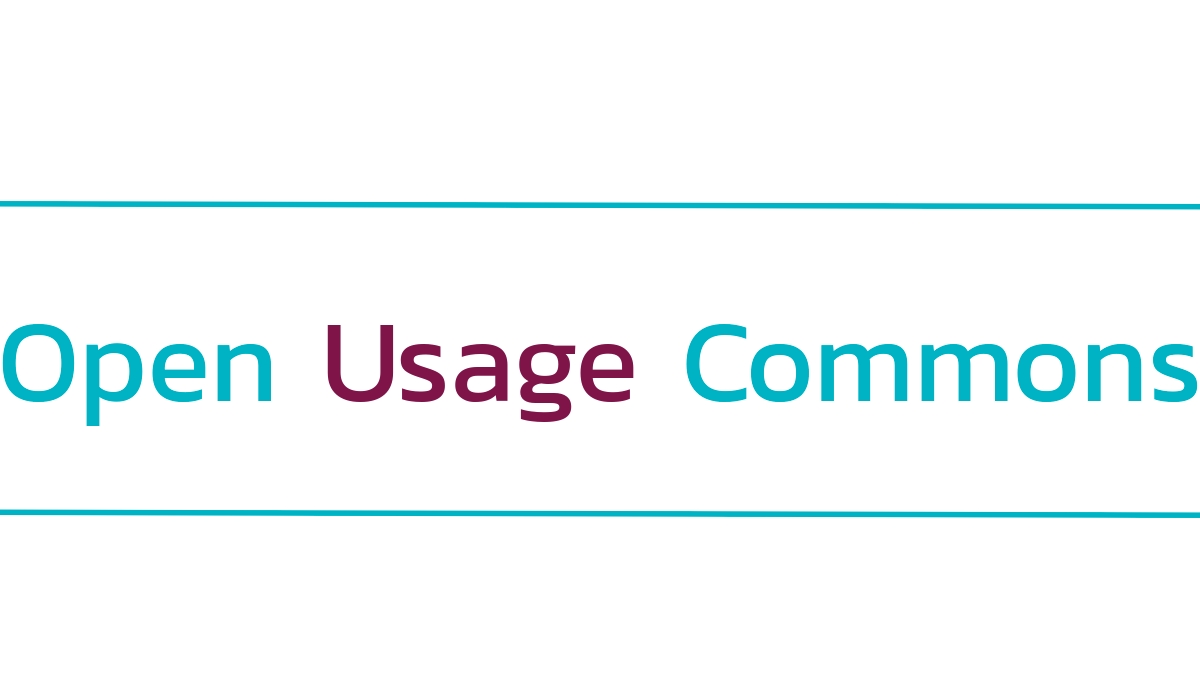
Google released to the public who recently did the establishment of a new non-profit organization called "Open Usage Commons", which in Google's own words describes it as an «organization that is designed to protect the identity of open projects and provide assistance in the management of trademarks (project name and logo), creating rules for using trademarks and verifying their implementation.
The organization's goal is expand the philosophy and definition of Open Source in brands. And that the owners of the intellectual property related to the code are developers, but the trademark that identifies the project is separate from the code, is not covered by the code license, and is processed separately from the property rights of the code.
The organization Open Usage Commons focuses on providing services to open projects thate do not have the necessary resources to independently resolve trademark issues.
Furthermore, transferring a trademark to an independent and neutral organization will avoid registering a trademark for a particular participant, making the project dependent on that participant.
Note that the organization was created, since the free use, transparent and fair trademarks in open source software considered an important factor in maintaining long-term stability of open source traffic.
At the same time, working with trademarks requires knowledge of certain legal niceties that are unknown to most of the accompanying open projects.
The Open Usage Commons organization implement a model in which the members of the community, from maintainers to end users and those involved in the business ecosystem, They cannot worry about brand management and usage issues.
The names of tested projects often act as original quality labels.
The use of well-known names to abuse and promote the development of low-quality third parties can negatively affect the reputation of the project, therefore it is important to develop fair conditions for the use of trademarks.
On the one hand, such conditions, when met, will allow everyone to freely use the brand without obtaining prior permission, but on the other hand, they will prevent selfish attempts to promote third-party products due to the popularity of others and misleading users with fake elements belonging to to the project.
To manage the organization and develop criteria for accepting open projects under your care, a board of directors has been formed, including well-known figures from the community and industry, such as:
- Christopher DiBona: Open Source Project Manager at Google
- Miles Ward: Technical Director of SADA Systems.
- Allison Randal, Software Freedom Conservancy
- Cliff Lampe, a professor at the University of Michigan.
The first projects to join to the organization were the microservice platform Istio, the Angular web framework, and the Gerrit code review system.
Moreover, IBM Company disagreed with Google shares to transfer the Istio project of the organization's new brands, andto which this step violates the previously agreed agreement.
The Istio project is joint and is formed by merging Google's Istio project and IBM's Amalgam8 with the common name Istio.
During the formation of the joint project, it was agreed that upon reaching maturity it will be transferred under the auspices of the non-profit organization Cloud Native Computing Foundation (CNCF), independent of specific manufacturers, which will take over the license management processes. and trademarks.
According to IBM, the new organization Open Usage Commons (OUC) does not comply with management principles Independent Vendor Open (3 of the 6 OUC Governing Board members are current or former Google employees).
Finally if you want to know more about it, you can check the announcement in the following link.
Source: https://opensource.googleblog.com